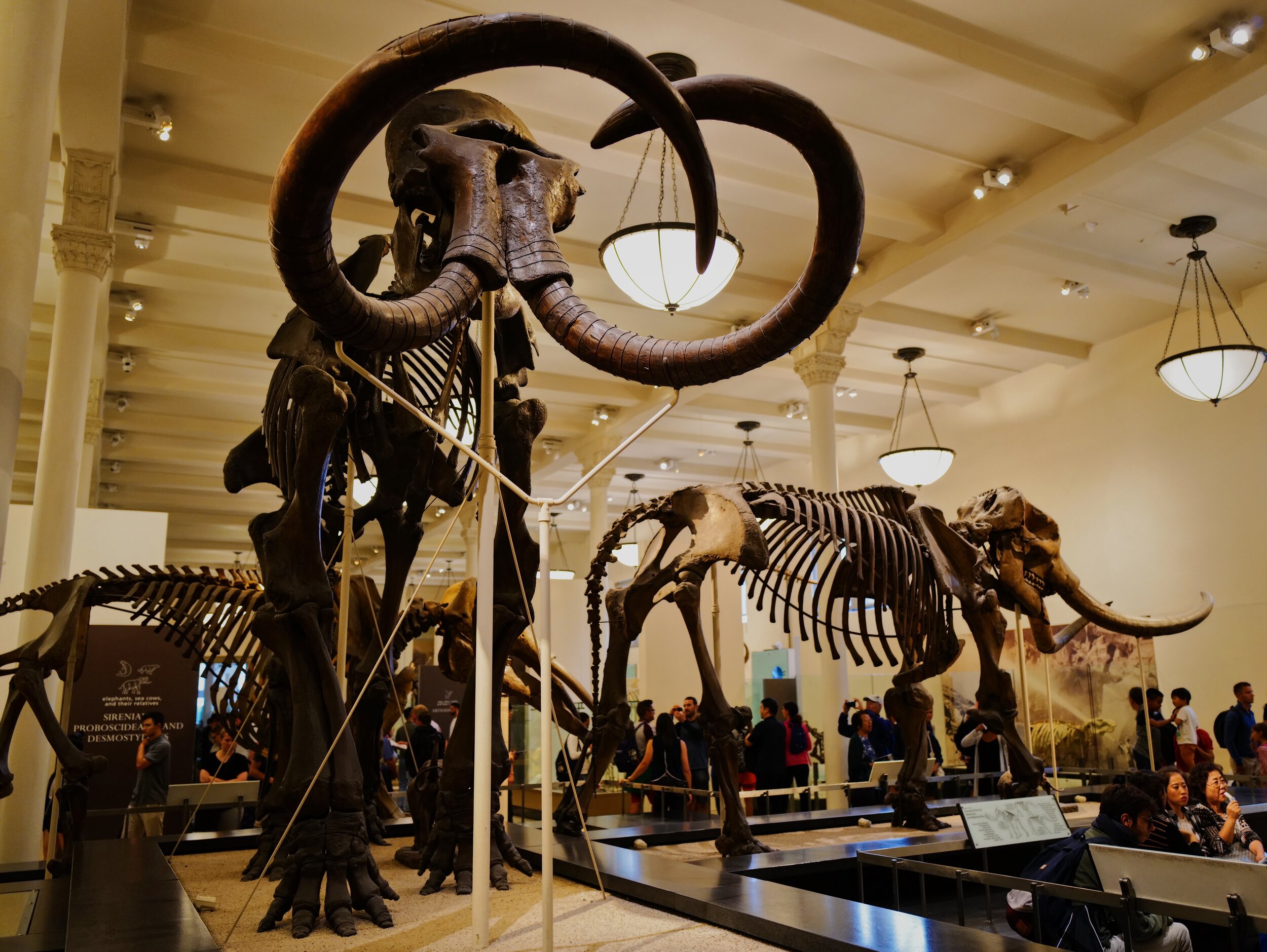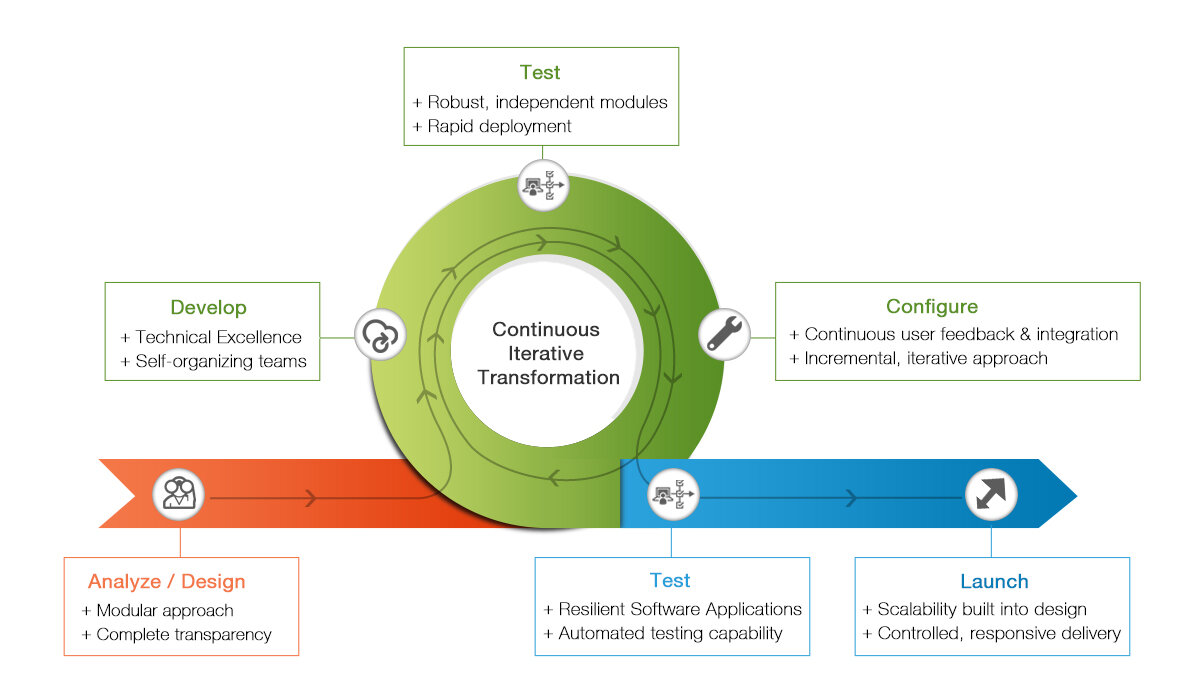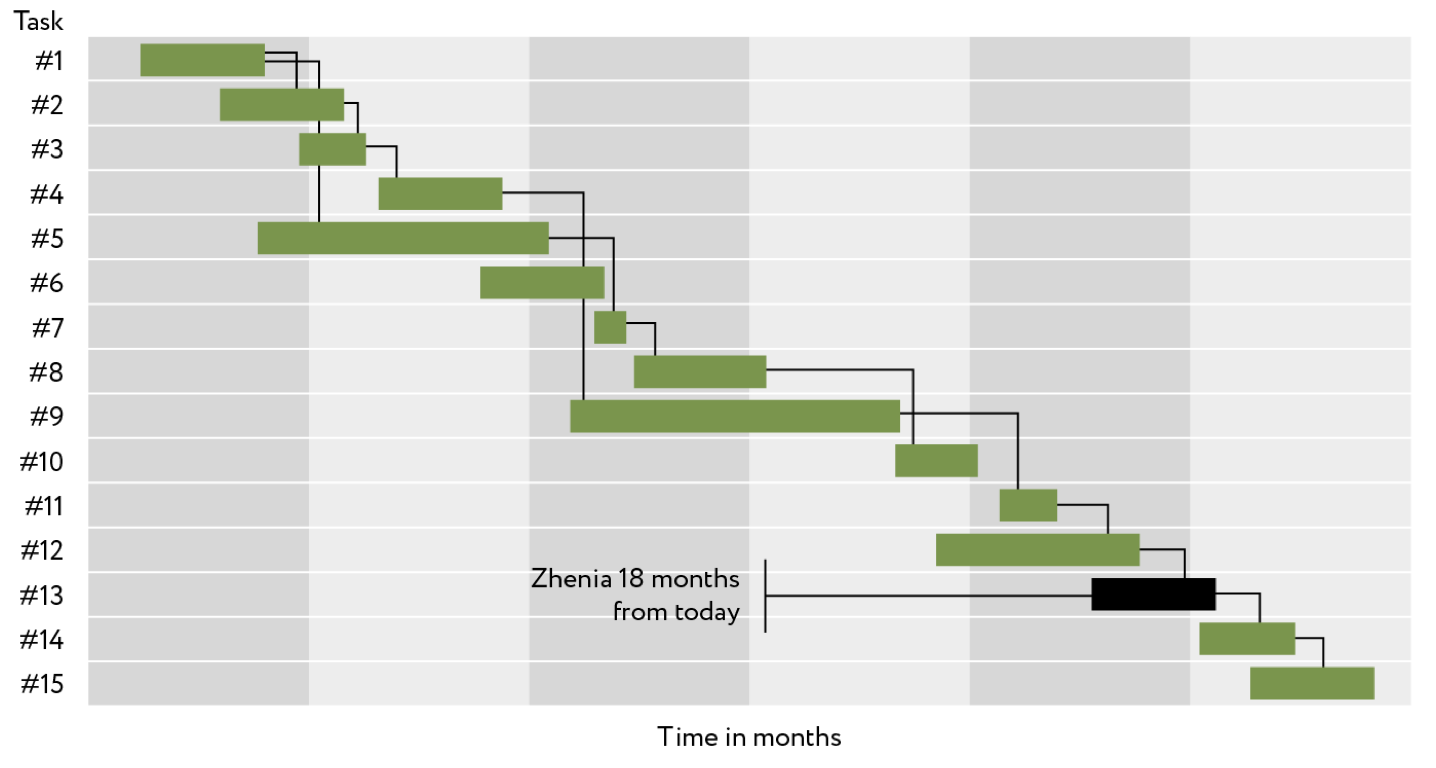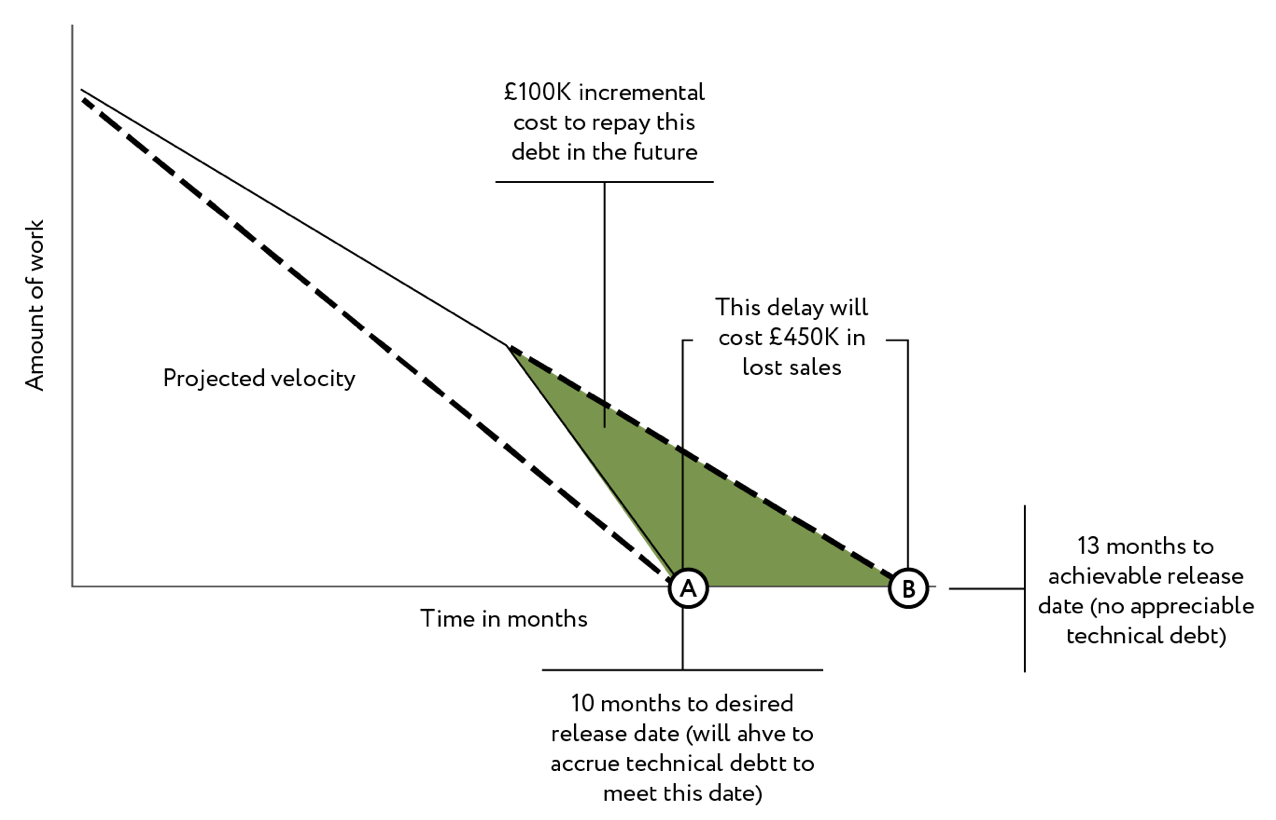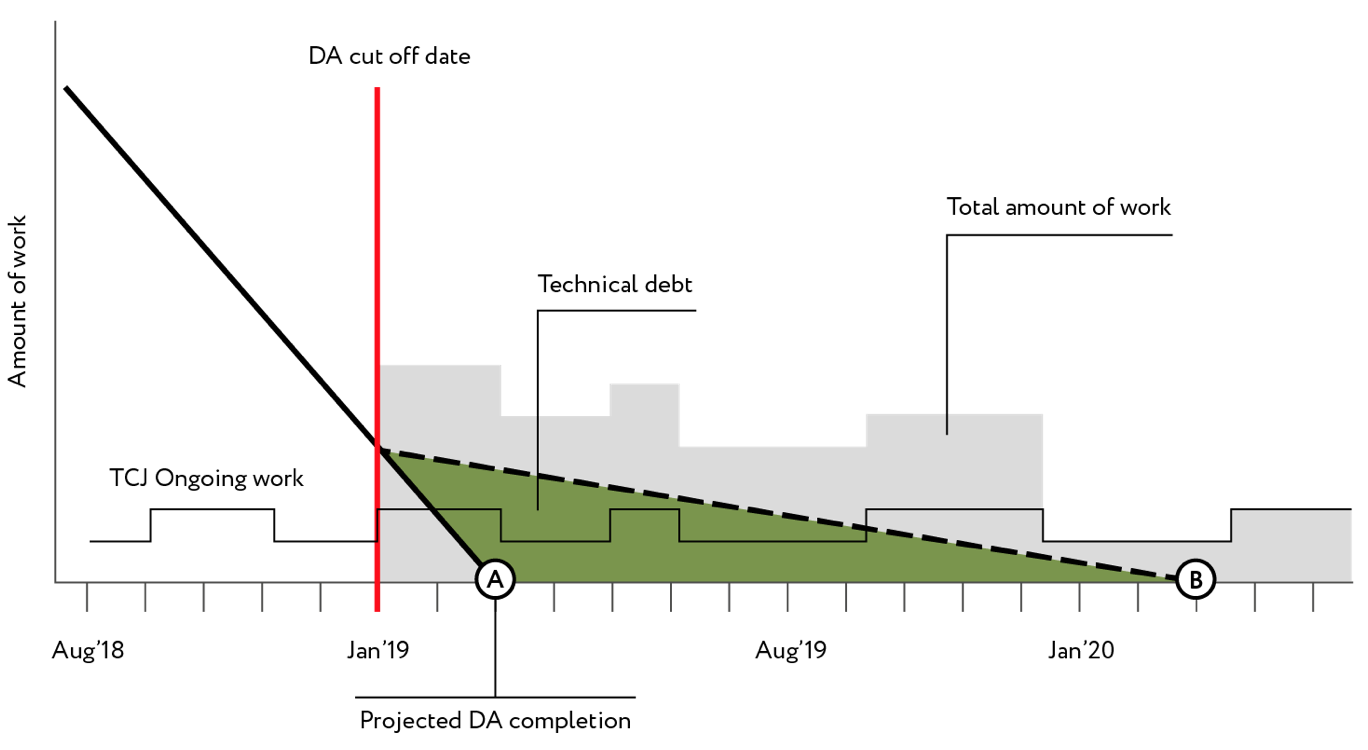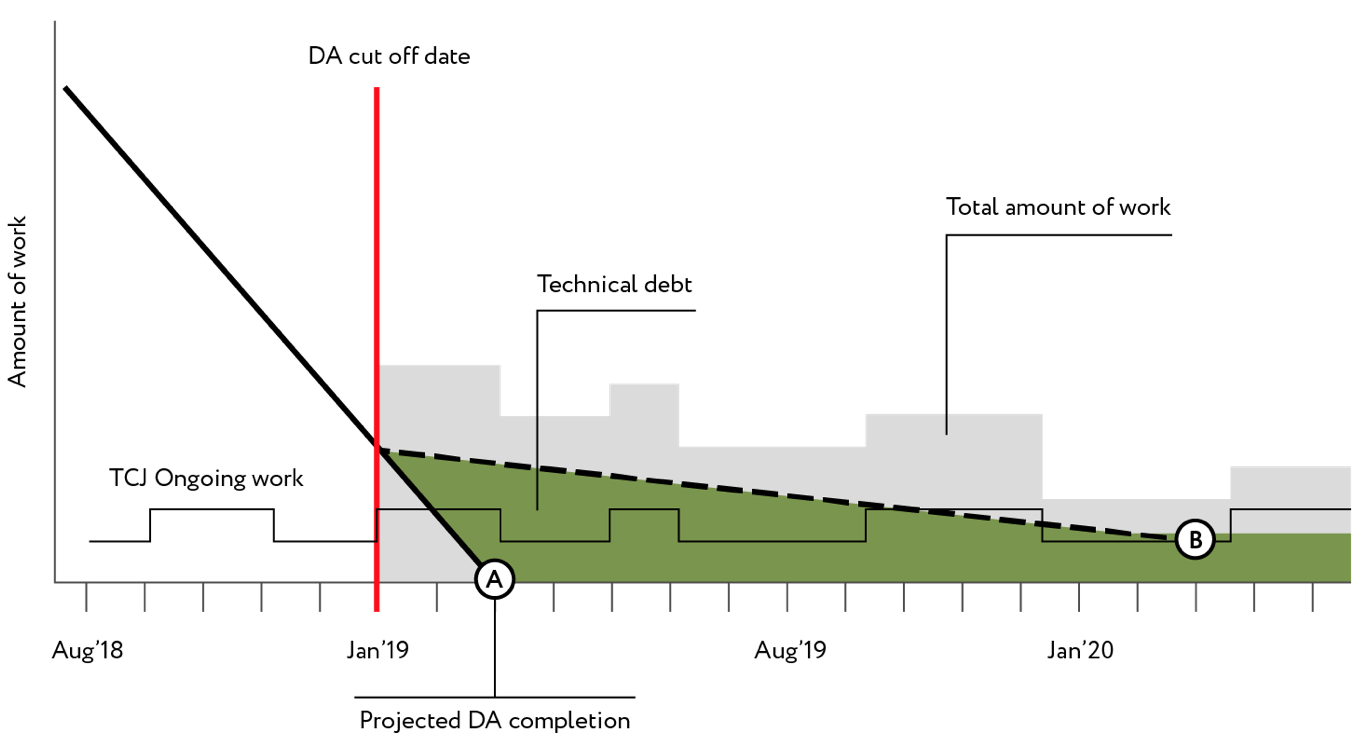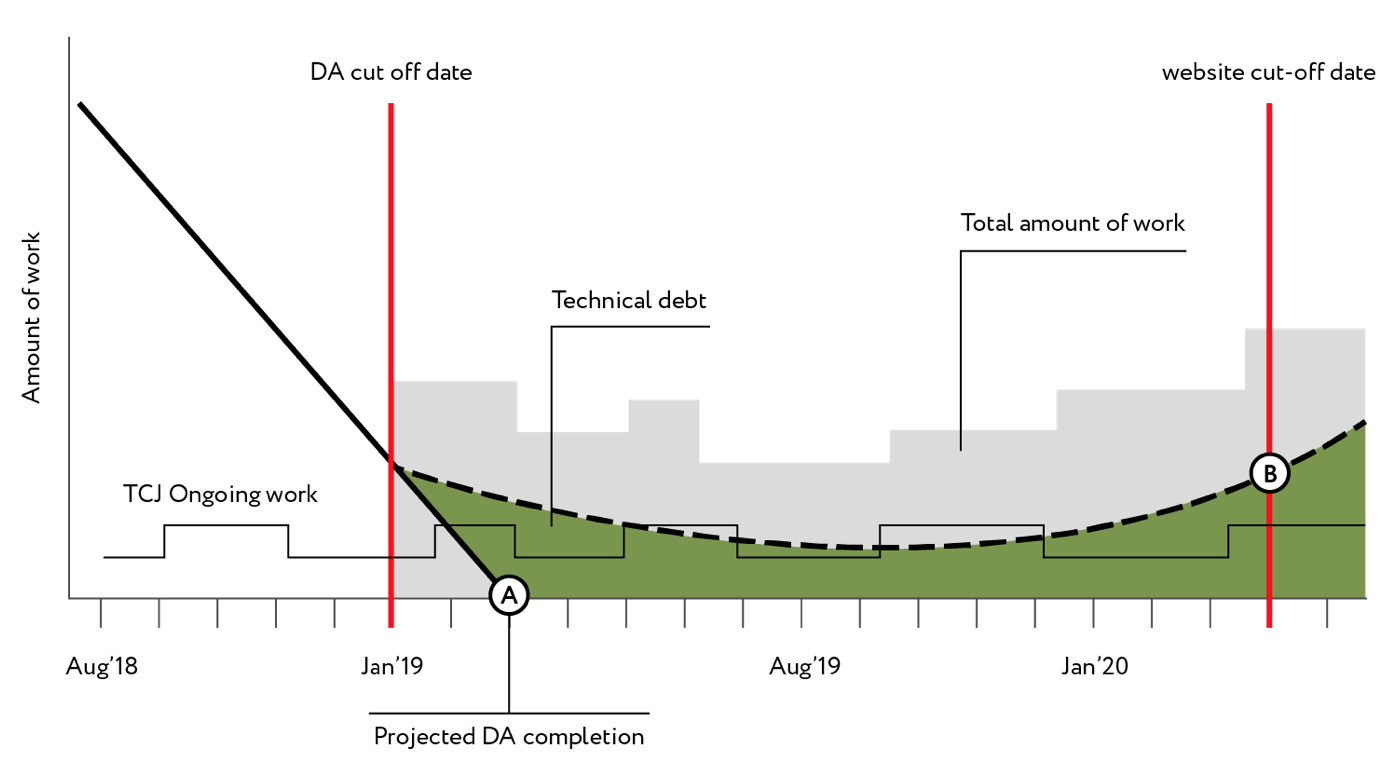Exchange-value
This is defined by Marx as “the necessary mode of expression, or form of appearance, of value” (Marx, 1867c: 128). Fuchs supports Marx's idea that objectivity of abstract human labour in commodity is a social (and societal) matter. This is because commodities produced in a society and production process is a social process. Due to the exchange, and the two sides of Marxian theorisation (essential and economic), commodities have concrete and abstract sides, use-values and exchange-values, and value has objective and social form. This dialectical unity of commodities is called the measure (50). In other words, Marxian theory (which it extends from Hegel's quality>quantity>qualitative quantity) accounts for three kinds of value: use-value>value>exchange value.
Price
To Marx, “price is the money-name of the labour objectifi ed in a commodity” (Marx 1867c:195–196). Money is the medium of circulation, but also the mediator of class relation. The latter is evident, for example, in the way that capitalist aims to lower the wages and increase the retail price, while the worker struggles or higher wages and can go on strike. Value and price do not necessarily coincide. Price can be driven down by such factors, as for example, market competition, however Fuchs aligns with the idea that generally price and value and not entirely independent and are in any case linked to amounts of social labour that goes into them.
In his two examples, Fuchs shows how prices depend on politics of class struggle. In the first example, fascist enslavement of workers, computers are produced for 100 and sold for 400 eur, through the low wages paid to the workers. The second example shows that when the legislation is changed to pay a minimum wage of 200 eur, the capitalist increases the price of computers to 700 eur, thus achieving the same profit.
Bidet (2007) points out two mediations, market and organisation, as the two key forces that coordinate capitalism on the social scale. Exchange-value is different for the worker and for the capitalist. For the worker, the money is both the income and the instrument of resistance to capital. For the capitalist, on the other hand, it is a cost which threatens surplus value (55). In his example of trade unions, Fuchs show that trade unions's efforts are directed at not letting the price of labour fall below its value (56).
Value of labour-power is here determined by the labour-time necessary to produce the commodity. Services such as schoolwork and housework, as the unpaid labour, contribute to the increase of surplus value (55). In this context, Mario Tronti introduces the term "social factory" (1962). This addresses the social nature of labour, and defines the new way of labour becoming implicated in society through the development of technical means, in the way that the whole society becomes a collective production, in other words, a factory.
Surplus value
To Marx, this kind of value equals surplus labour, the "increment or excess over the original value" (Marx 1867c: 293, 251). "The theory of surplus value is in consequence immediately the theory of exploitation” (Negri 1991, 74) and, one can add, the theory of class and as a consequence the political demand for a classless society". (55) This phenomena of capital being able to acquire unpaid surplus labour (to Marx, a permanent theft) is why the capital is able to self-valorise.
Conclusion.
Chapter 1 of Fuchs' Digital Labour and Karl Marx gives an overview of Marx's labour theory of value. It starts from establishing the differences in Marx's theorisation of work vs labour by pointing out their subjective and objective qualities and the use-value that is produced in labour. It then proceeds to explain alienation leading to exploitation as the key to self-valorisation of capital. Labour appropriated by capital becomes dead labour, and capital is presented as a vampire that requires constant inflow for living labour. Then the two-sided character of Marxian terminology is descried, which on one side operates in "essential categories", eg work, use-value and concrete labour, and historic (economic) categories, such as labour, exchange-value and abstract labour. The moment of exchange is theorised as the point at which the categories swtch from essential to economic. The antagonism between labour and capital is grounded in wages and the surplus value created by unpaid surplus labour, and is thus a class relation. Use and exchange values of commodities are mediated through money and price, which reveals their dialectical unity. The nature of labour, meaning, concerete labour, is social. Through the improvement of technology the relations of production become closely interlinked with other societal relation thus converting a society into a project - a social factory. In the next chapter Fuchs look at the application of theory of value in the context of digital labour from the perspective of media and communication studies.
- - - - -
Bibliography
Bidet, Jacques. 2007. A reconstruction project of the Marxian theory: From Exploring Marx’s Capital
(1985) to Altermarxisme (2007), via Théorie Générale (1999) and Explication et reconstruction
du Capital (2004). http://jacques.bidet.pagesperso-orange.fr/londongla.htm.
Cleaver, Harry. 2000. Reading Capital politically. Leeds: Anti/Theses
Marx, Karl. Economic and philosophic manuscripts of 1844 and the Communist Manifesto, 13–168. Amherst, NY: Prometheus.
Marx, Karl. 1857/1858b. Grundrisse. London: Penguin
Marx, Karl. 1861–1863. Economic manuscripts of 1861–1863. http://www.marxists.org/archive/
marx/works/1861/economic/index.htm.)
Marx, Karl. 1867c. Capital, Volume 1. London: Penguin
Negri, Antonio. 1991. Marx beyond Marx. London: Pluto.
Tronti, Mario. 1962. Arbeiter und Kapital, Frankfurt: Verlag Neue Kritik.












